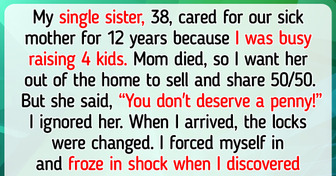Influencer Reveals Dramatic Results of Her Fox Eye Plastic Surgery

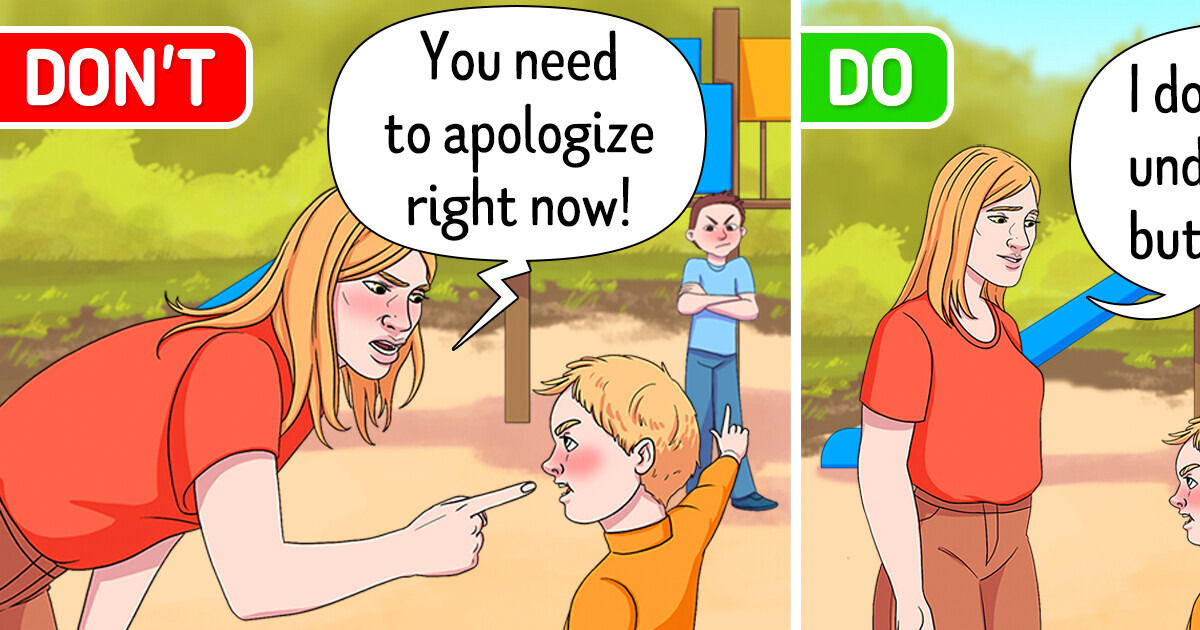
Raising emotionally intelligent kids isn't about making them perfect. It's mainly about helping them express themselves effectively and understand their feelings. So that it can be easier for them to build strong relationships. With just a little intention and everyday moments of connections, you can help your kid's emotional growth. Here are 8 simple yet powerful ways to support your child's emotional growth from the start!
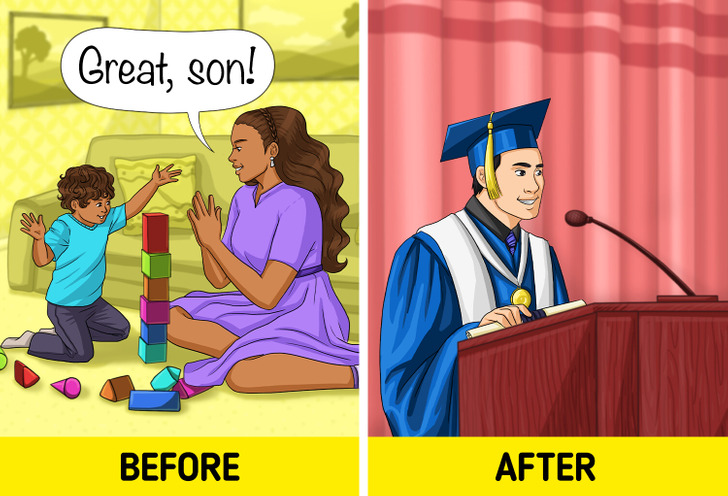
Children learn how to handle emotions by watching the adults around them. When you openly express your feelings in a healthy way, you show them that emotions—both big and small—are normal and manageable. By being a model for them, you give them the tools to recognize their own emotions.
Instead of hiding frustration or stress, try saying, “I’m feeling overwhelmed right now, so I’m going to take a deep breath before we talk.” This teaches kids that emotions aren’t something to fear or suppress, but rather to acknowledge and navigate.

Empathy is like a superpower that helps kids connect with others and build strong relationships. You can nurture this skill by encouraging them to see things from someone else’s perspective. When they notice a friend feeling sad, ask, “How do you think they feel? What can we do to help?” You can strive to be a "nonanxious presence" to help your child take on your emotional coping skills.
With forgiveness practice, you can show your child you're both doing your best in difficult situations. By making empathy a natural part of their world, you’re helping them grow into kind, compassionate individuals who understand the feelings of those around them. Being an example of empathy, helps children to practice it themselves.

Emotionally intelligent kids feel seen and understood when their feelings are validated. Rather than neglecting their emotions with "It's nothing" or "It's not a big deal" try acknowledging their experience by saying, “I see that you’re really frustrated right now—that makes sense. Do you want to talk about it?”
This simple shift helps them feel safe expressing their emotions rather than suppressing them. Parenting emotionally intelligent kids means teaching them that all feelings—big or small—are okay, and that working through them is a natural part of growing up.

Helping kids put words to their feelings is a powerful step in building emotional intelligence in children. When they can name their emotions, they can better understand and manage them. Instead of simply saying, “I’m mad,” encourage them to be more specific, “I feel frustrated because my tower fell down.”
Using a feelings chart or talking about characters’ emotions in books and movies can make this process fun and engaging. The more they practice, the more confident they become in expressing themselves. By supporting kids' emotional development in this way, you’re giving them the tools to navigate their feelings with clarity and confidence.
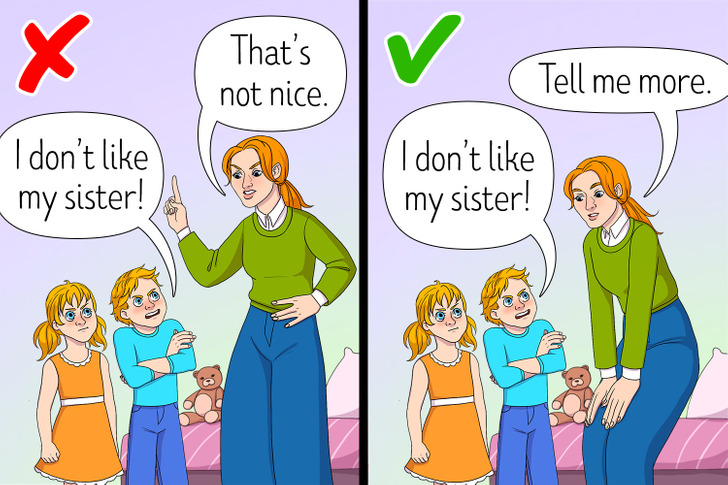
Raising emotionally intelligent kids means teaching them that all emotions are okay, but how we express them matters. Instead of shutting down, kids can learn healthy ways to share feelings, like using words, taking deep breaths, and drawing. For example, if a child is upset, you might say, “It’s okay to feel angry, but let’s find a way to talk about it.”
Encouraging open and respectful communication strengthens kids’ social skills and helps them build positive relationships. When children know they can express emotions in a safe and constructive way, they grow into more confident and empathetic individuals.

Raising kids who are aware of their feelings goes beyond helping them understand their own feelings. It also means teaching them how to act positively around others, even when they feel challenged. Encourage kindness, teamwork, and respect in everyday situations, like sharing toys, taking turns, or comforting a friend who is upset. It also helps to define family rules like what is good to do and what is not.
Role-playing different social scenarios or reading stories about friendship can also help them develop strong communication skills. When kids learn to navigate social interactions with empathy and confidence, they build meaningful relationships that will support them throughout life.

Helping kids manage their emotions is a key part of child emotional regulation and sets the foundation for a lifelong resilience. Big feelings can be overwhelming, but with positive parenting techniques, you can teach your child simple strategies to stay calm. Sometimes even a physical touch like a hug can go a long way.
Encourage deep breathing exercises, counting to ten, or using a "calm corner" where they can relax and process their emotions. Saying things like, “I see you're feeling upset—let’s take a deep breath together and figure it out” reassures them that emotions are normal and manageable.
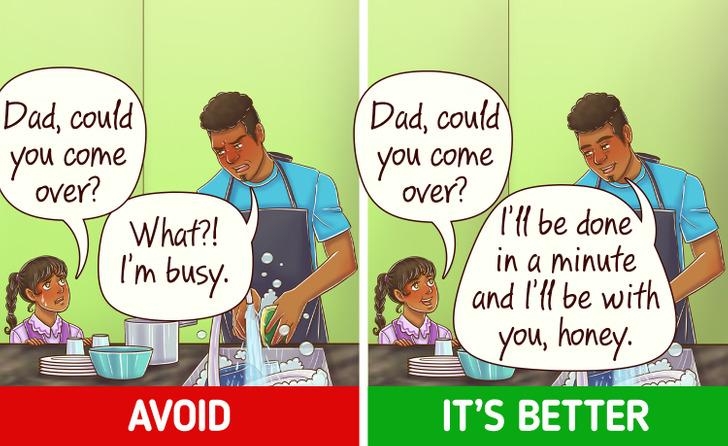
Teaching kids to use "I" statements is a simple but powerful way to help them express their feelings without blaming others. This approach helps emotionally intelligent kids communicate their needs clearly while fostering understanding and respect. By practicing the "I" statement yourself, you can be a good example for your child.
Practicing “I” statements through role-playing or everyday conversations makes it easier for children to express themselves in a positive way. By encouraging this habit, you’re giving them a lifelong tool for healthy communication and strong relationships.
Helping kids understand their emotions is one of the greatest gifts we can give them. But it's not always easy to do. Creating healthy environment for your kids to explore their feelings can be a big step.


